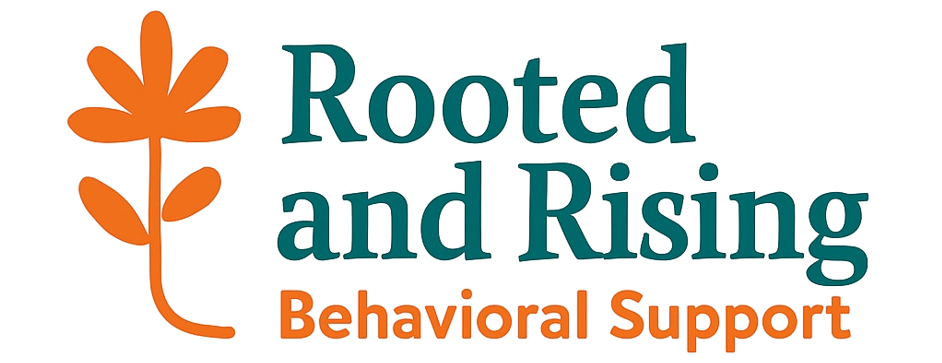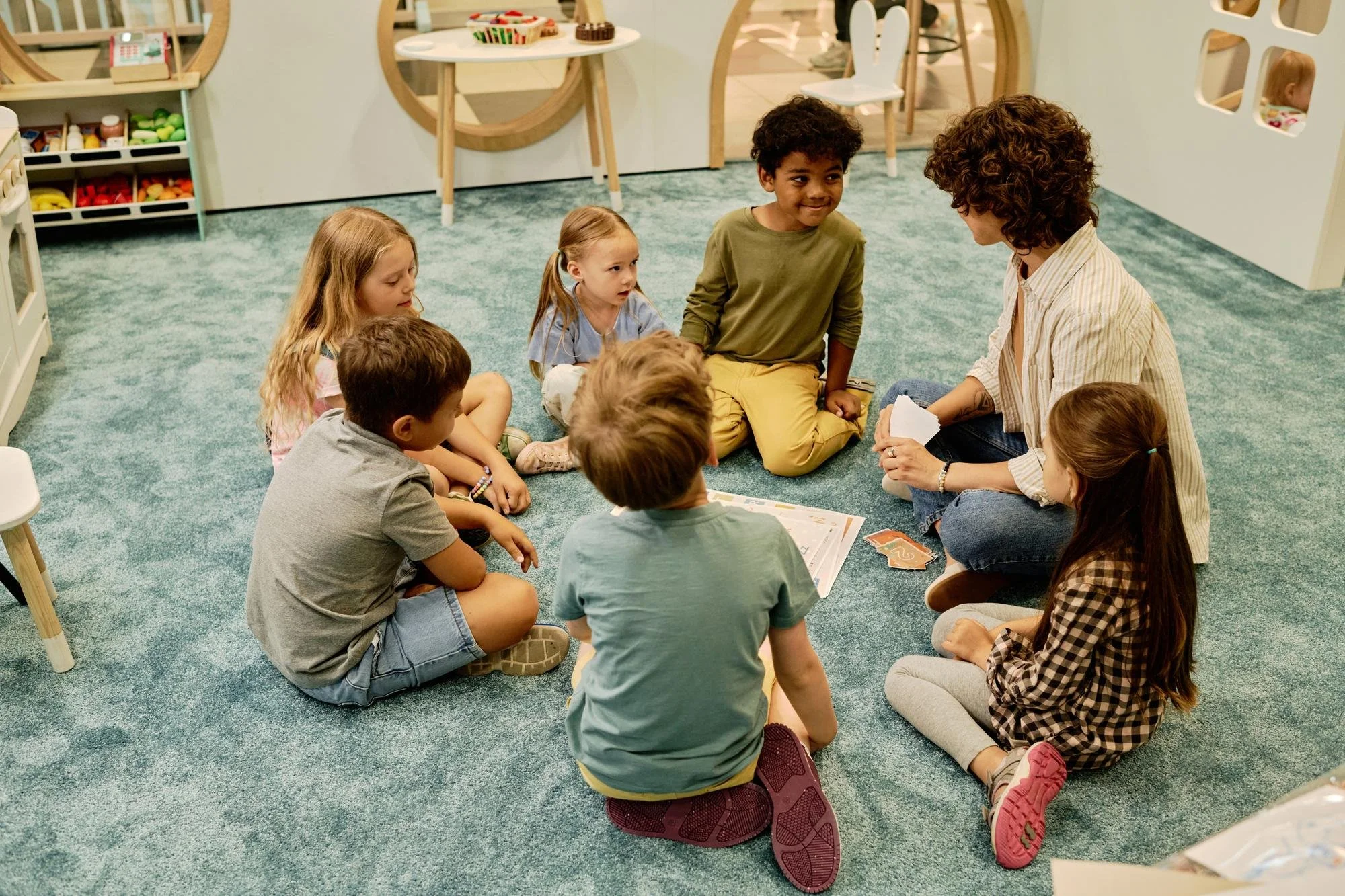Why Behavioral Therapy?
Common Reasons to seek behavioral therapy and What to Expect
Behavioral Therapy is a versatile approach used to treat a wide range of concerns. Families often seek support for the following reasons:
Frustration intolerance and aggression
Tantrums
Autism or developmental delays
stressful family routines (getting ready for school or mealtimes)
Challenging Sibling dynamics
Anxiety
Adjusting to major life transitions
Social emotional regulation support
To feel more empowered as a parent
Skills based learning and direct instruction
Deficits in Daily living skills
Academic support
Executive Functioning skill support (time management, goal setting)
What to expect from Behavioral Therapy:
If moving forward with Rooted and Rising’s support is right for you, here’s what to expect:
An initial consult call where we discuss your concerns and possible treatment approaches
An initial observation, clinical assessment, and parent intake meeting. The assessment will cover multiple developmental domains (e.g., communication, social and emotional development and adaptive skills) and can be conducted across multiple settings if needed.
A Treatment plan with age appropriate and developmentally appropriate goals ( imcluding current baseline levels) will be written and shared. A behavior intervention plan can be developed for parents to follow step by step as well. A meeting to discuss the assessment results will be scheduled and the level of services will be discussed and established (I.e., 2 sessions a week or however many hours a week and where).
Starting therapy: … Therapy will look different based on ages, individualized goals, and settings, but it will be
interactive
hands on
can be structured or unstructured
naturalistic
FUN!
During therapy, your therapist will work on teaching skills across a variety of domains. These skills can be embedded into play and daily life skills. Throughout the session, communication and verbal behavior will be a top priority - during the session therapists will create opportunities to practice asking for help, expressing feelings, needs, and desires, answering a variety of questions, expressing opinions and interacting with other kids. Throughout the session data will be collected so we can track ongoing progress towards goals.
At the end of the session, the therapist will take 5-10 minutes to clean up, take session notes, and finalize any data summary.
On-going parent training on a monthly or biweekly basis (discuss observations, questions, concerns, and training topic) via telehealth or in person.
Reassessment and treatment plan revisions every 6 months.



